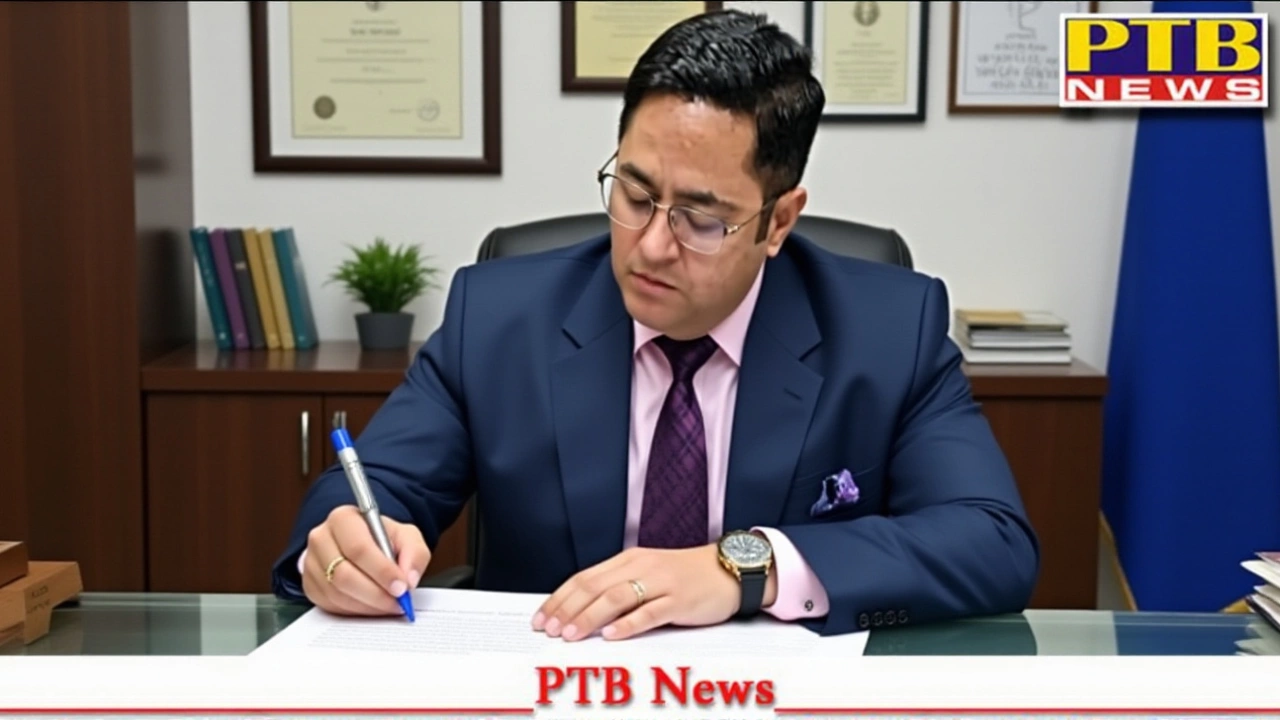License Suspension: What It Means and Why It Matters
When dealing with license suspension, a temporary withdrawal of driving privileges imposed by authorities for violations or safety concerns. Also known as driving ban, it directly impacts driver's license, the legal document that authorizes a person to operate a motor vehicle and is often triggered by traffic violations, offenses such as speeding, DUI, or accumulating penalty points. The process ties into broader road safety, efforts aimed at reducing accidents and protecting all road users initiatives.
Why License Suspension Happens
Most drivers encounter suspension after crossing a threshold of penalty points. Each ticket adds points, and once the limit is reached, the motor vehicle authority steps in. Serious offenses like driving under the influence or reckless driving can trigger an immediate ban without waiting for points to add up. In many states, repeat offenders face longer suspension periods, sometimes up to two years. The goal is to deter risky behavior and give drivers a chance to reflect on their actions.
License suspension isn’t just a punishment; it’s a safety tool. When authorities suspend a license, they aim to remove a potentially dangerous driver from the roads, thereby reducing accident rates. Studies from traffic safety departments show a noticeable dip in crash statistics after strict suspension enforcement. This demonstrates the direct link between enforcement actions and overall road safety improvements.
Understanding the legal framework helps you navigate the system. Most regions follow a tiered approach: a first offense might bring a short suspension, while subsequent offenses lead to longer bans and higher fines. Some jurisdictions also offer remedial courses—like defensive driving or alcohol education—that can shorten the suspension if completed successfully. Knowing these options can save time and money.
Financial impact is another hidden cost. A suspended driver often faces higher insurance premiums, lost wages from missed work, and possible legal fees. The ripple effect extends to families who may need alternative transportation. Planning ahead by keeping a clean driving record can prevent these cascading expenses.
Technology plays a growing role. Many states now use electronic monitoring to track violations in real time, automatically adding points to a driver’s record. This speeds up the suspension process and reduces administrative delays. Similarly, dash cams and telematics devices provide evidence that can either support or contest a suspension, making it crucial to understand your rights when such data is involved.
From a practical standpoint, if your license is suspended, you must surrender your physical licence to the licensing authority and refrain from driving any vehicle, even if you’re a passenger. Violating a suspension can lead to criminal charges, higher fines, and an extended ban. Some regions allow a restricted license for essential travel, like medical appointments, but you need to apply for it formally.
Reinstating a suspended licence typically involves three steps: paying all outstanding fines, completing any mandated courses, and passing a re‑examination if required. Keep copies of all receipts and certificates; they often need to be submitted as proof. Once the authority processes your request, the licence is restored, and you can resume driving legally.
For those who rely heavily on driving, consider alternative transport plans during a suspension. Public transit, car‑pooling, rideshare services, or even temporary bike rentals can keep you mobile. Planning ahead reduces the disruption and helps you stay productive while you wait for reinstatement.
All these points weave together a clear picture: license suspension is more than a paperwork issue—it’s a multi‑factor response that blends law, safety, technology, and personal responsibility. Below you’ll find a curated set of articles that dive deeper into each aspect, from how border patrols handle cross‑border violations to real‑world stories of drivers navigating the system. Explore them to get actionable insight and stay ahead of any potential suspension challenges.
Published on Oct 16
0 Comments
Jalandhar Judge Himanshu Aggarwal suspends 271 travel‑agent licences, including four immigration firms, to curb fraud and human‑trafficking, boosting safety for aspiring migrants.
